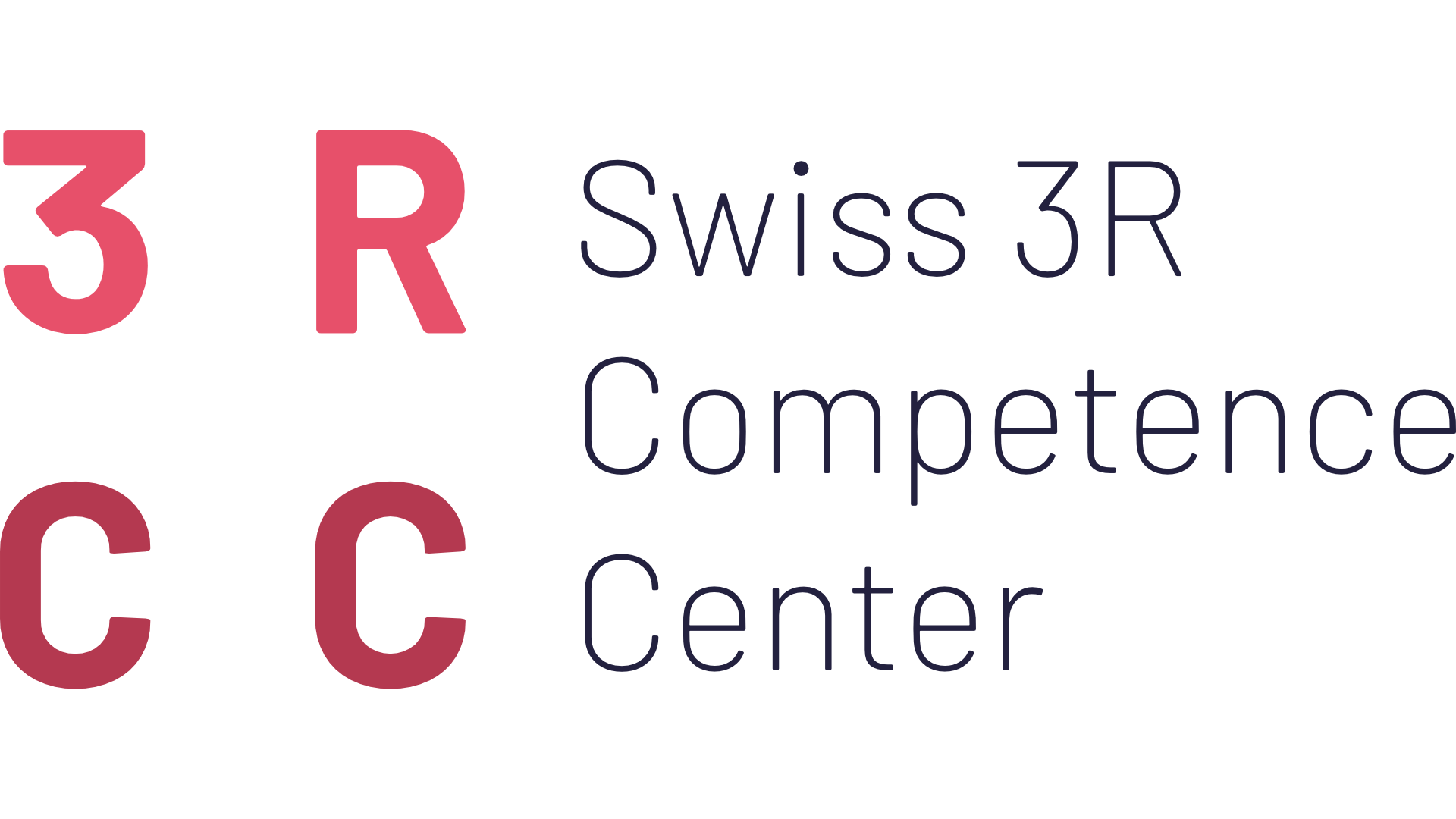APPLICATION ABSTRACT
Antibiotic resistance poses a significant global health threat. A growing number of bacteria, such as multiple drug resistant (MDR) Pseudomonas aeruginosa and vancomycin resistant Enterococcus faecalis, cause life-threatening disease in humans, which cannot be treated efficiently. Bacteriophages, which are viruses infecting bacteria, and proteins derived from bacteriophages show promise as alternatives to antibiotics, demonstrating efficacy against antibiotic-resistant strains. Developing new antimicrobials typically involves testing in animal models, commonly mice. However, zebrafish embryos present a suitable in vivo model for bacterial infection. Conducting tests in early zebrafish embryos enables real-time observations of infection progression, mechanisms, and antibiotic efficacy. The project aims to establish a zebrafish embryo-based screening platform to identify innovative antimicrobials derived from bacteriophages, aiming to reduce reliance on mouse experiments. This screening platform, once established, will be offered as a service by ZHAW to both industrial and academic partners involved in discovering and developing novel antimicrobials. By doing so, we aim to create a general model for discovering new antimicrobials using zebrafish embryos, contributing to the global effort to combat antibiotic resistance.

